
American Society of Clinical Oncology Annual Meeting (ASCO)

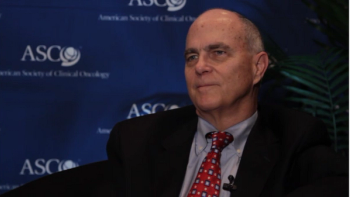
In this interview Dr. Armitage discusses his early career and what led him to specialize in the treatment of lymphoma, and shares his thoughts on the future of cancer treatment.

In this interview we discuss a bovine infectious agent, which may interact with carcinogens that arise during cooking or curing, and play a causative role in certain cancer.
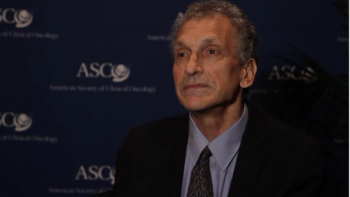
In this interview we discuss the impact of the Affordable Care Act (ACA) on health disparities, as well as the challenges the law will present for physicians.
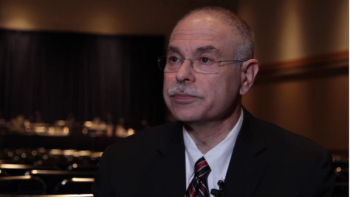
Josh Kremer, MD, vice president of clinical development at Eisai, Inc, discusses results of the phase III SELECT trial, which studied lenvatinib in radioiodine-refractory differentiated thyroid cancer.
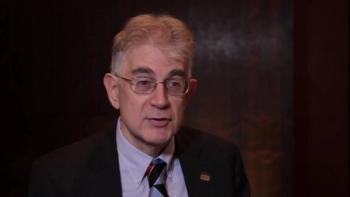
In this video, Dr. Sledge discusses what the negative results of the ALTTO trial mean for women with HER2-positive breast cancer.
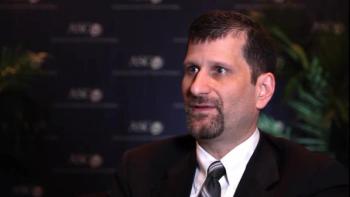
Dr. Morris discusses results and implications of the CHAARTED trial, which studied the survival impact of androgen deprivation therapy (ADT) plus docetaxel vs ADT alone for hormone-sensitive newly metastatic prostate cancer.
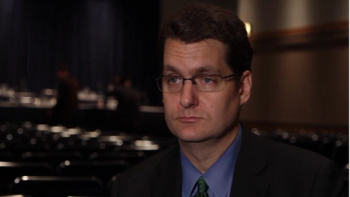
Dr. Katz describes how he uses social media to learn more about patient perceptions of cancer, how to decide which social media to use, and drawbacks to using social media in a professional capacity.
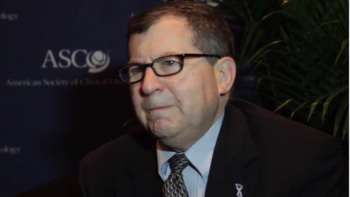
In this interview, Dr. Hyman Muss discusses some of the barriers to providing high-quality care to geriatric cancer patients, including the barriers to diagnosis and treatment.
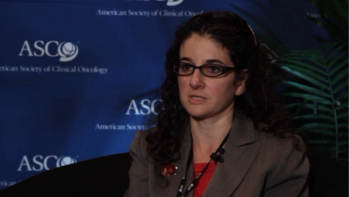
Dr. Aisner discusses some of the key ways oncologists can work better with pathologists at their institutions.
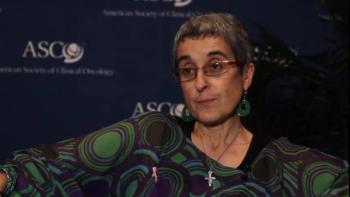
Dr. Pagani, who presented data on the joint analysis of the IBCSG TEXT and SOFT trials at the 2014 ASCO Annual Meeting, discusses how breast cancer patients in these trials responded to different methods of ovarian suppression.
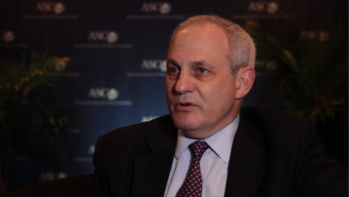
Dr. Atkins offers his perspective on the “race” between the top two anti-PD1 drugs (Merck’s MK-3475 and Bristol-Myers Squibb’s nivolumab), and weighs in on where a new agent, pidilizumab, fits into the picture.
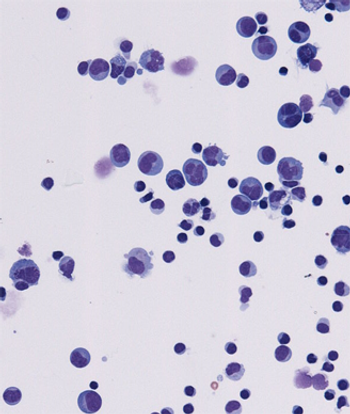
A novel inhibitor of CD19 was well tolerated and showed promising activity in patients with relapsed or refractory B-lineage non-Hodgkin lymphoma, according to a phase I study.

Cisplatin, etoposide, and irinotecan outperformed topotecan as second-line chemotherapy in patients with sensitive relapsed small-cell lung cancer (SCLC) in a Japanese trial, though there was substantially increased toxicity with the regimen.


The landscape of cancer therapy is shifting from traditional cytotoxic chemotherapy towards targeted therapy with agents like tyrosine kinase inhibitors and monoclonal antibodies. However, these newer agents remain costly, and traditional chemotherapy remains the backbone for treating most malignancies.

Throughout the geriatric sessions we were continually reminded of our aging population, the fact that cancer is a disease of the aging, and of the mismatch in this increasing number of patients and the number of geriatric providers entering the workforce. General oncologists will need to understand the nuances of caring for older patients with cancer.

The addition of ramucirumab to docetaxel improved outcomes over placebo with docetaxel as a second-line treatment of patients with advanced non-small-cell lung cancer (NSCLC), according to results of the REVEL trial.
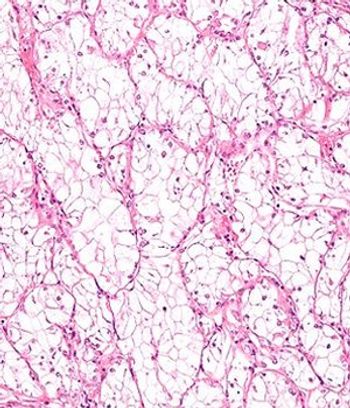
A 16-gene Recurrence Score was found to be significantly predictive of recurrence-free interval and survival in patients with stage I-III clear cell renal cell carcinoma who have undergone nephrectomy.


A new risk-stratification system for pediatric and young adult patients with non-rhabdomyosarcoma soft-tissue sarcomas (NRSTS) was able to effectively classify patients for the appropriate therapy.

A comparison of melphalan, prednisone plus either thalidomide or lenalidomide found that patients assigned to lenalidomide had fewer grade 3 or higher toxicities and a better quality of life at the end of induction therapy.

Several factors affect physicians’ choice of genomic tests, including availability, speed, and cost. Traditionally allelotyping have been used, since they are fast and sensitive, even though they are not comprehensive.
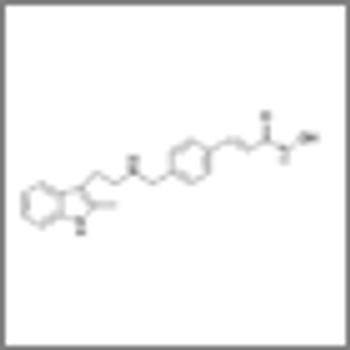
Treatment of relapsed or refractory multiple myeloma with the three-drug combination of panobinostat/bortezomib/dexamethasone resulted in a nearly 4-month improvement in progression-free survival compared to treatment with bortezomib/dexamethasone alone.

A pooled analysis of three prospective trials showed that post-induction therapy PET-CT scans are highly predictive of progression-free and overall survival in follicular lymphoma patients.
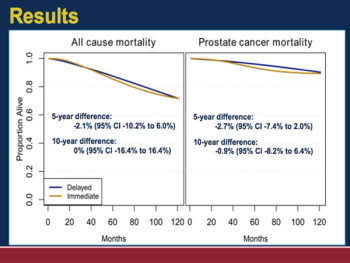
This slide show highlights some of the top studies and news on cancer to come out of the 2014 American Society of Clinical Oncology (ASCO) Annual Meeting, held in Chicago.

While seven drugs have been approved for clear cell renal cell carcinoma (ccRCC) since 2005, the most appropriate systemic therapy for non-clear cell renal cell carcinoma (nccRCC) is unknown.

Words like value, quality, and even cost flowed freely at the ASCO Annual Meeting this year. Along with great excitement about the latest and greatest ways to understand tumor biology and treat cancer patients, there is an increasing recognition that we need to consider whether the things we do are worth it.

High-dose chemotherapy plus conventional radiotherapy resulted in a high 3-year overall survival in children and adolescents with newly diagnosed medulloblastoma and supratentorial primitive neuroectodermal tumor.

